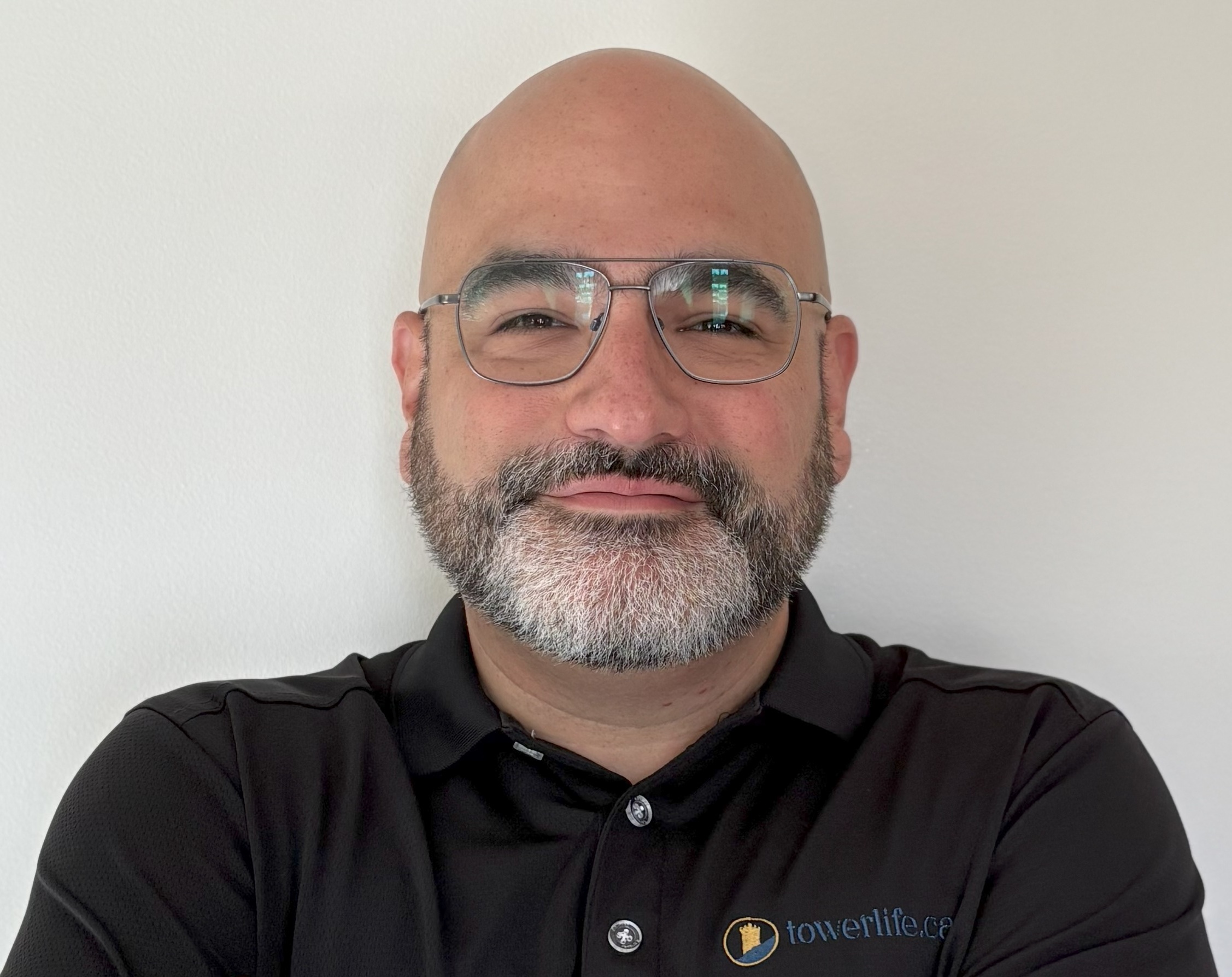Your Need for Financing Is Greater Than Your Need for a Death Benefit
Discover why Canadians remain chronically undercapitalized and how you can take back control by setting up your own privatized banking system using specially designed participating whole life insurance policies.

Jose Atencio
Founding Partner & Licensed Insurance Advisor

The Problem: Who Benefits When You Borrow?
In Canada, individuals are constantly in need of financing. Loans fuel major life purchases—homes, education, businesses. But the question is: who truly benefits when you take out a loan? The bank or you?
When Canadians rely on bank loans, they mostly benefit the lender. Banks profit from interest, while individuals lose control over their capital—often needing loans even when they have money locked away in registered accounts. This is a clear sign of being undercapitalized.
Financing is the engine of economic activity. Yet most people can’t access it freely. Banks lend to those who don’t need the money—those with pristine credit and high collateral. For everyone else, loan requirements feel like pulling teeth.
And even if you pay cash, you still lose. That’s the hidden cost of lost opportunity. For example, buying a $30,000 car in cash today could cost you over $350,000 in lost growth over 50 years at 5% interest.
The Solution: Build Your Own Banking System
Instead of borrowing on the bank’s terms, build your own privatized banking system by leveraging a specially designed participating whole life insurance policy.
These policies are engineered to:
- Grow tax-free
- Compound uninterruptedly—even when you access the cash
- Provide a death benefit from day one
- Put you in control of your capital
By funding your own policy, your cash value and death benefit grow with every premium. You’ll end up with more coverage than traditional underwriting, and a pool of capital you can use at any time.
What a Privatized Banking System Can Do for You
-
Tax-Free Growth
No contribution limits. No tax penalties. Just secure, compounding growth inside your policy. -
Uninterrupted Compounding
Borrow against your cash value, and your full balance keeps growing as if untouched. You stay ahead of opportunity costs. -
Death Benefit from Day One
While the focus is financing, your loved ones are protected with a guaranteed payout from day one. -
No Loan Qualifications
No income checks. No credit scores. You’re borrowing from yourself, not begging from a bank. -
More Death Benefit Over Time
Unlike static term policies, whole life grows your death benefit every year as your cash value increases. -
Control Your Future
You control how much you borrow, when, and how you repay. You own the bank now.
The Path Forward: Financial Self-Reliance
Canadians need financing—but they don’t need banks. By building your own system using specially designed participating whole life policies, you unlock:
- Access to capital on your terms
- Tax-free, compounding growth
- Protection for your loved ones
- Freedom from external control
Yes, your need for financing is greater than your need for a death benefit. But with the right structure, you can have both.
Related Articles


George J. Roth
Founding Partner & Independent Life, Accident and Sickness Insurance Advisor. Authorized IBC Practitioner
Top 4 Keys of The Infinite Banking Concept (IBC) for Canadians
Discover the four essential keys of the Infinite Banking Concept specifically tailored for Canadians, providing control, flexibility, and lifelong financial security.
Read more

Jose Atencio
Founding Partner & Licensed Insurance Advisor
Whose Capital Is It Anyway?
If your money is locked away, earning someone else returns while you wait for permission to access it, is it really yours? Let's talk about capital, control, and the biggest lie in personal finance.
Read more

Jose Atencio
Founding Partner & Licensed Insurance Advisor
RESP or Participating Whole Life for Children?
Discover why participating whole life insurance outperforms RESPs when planning for your child's future. Learn how to secure insurability, build capital, and transfer wealth across generations.
Read more